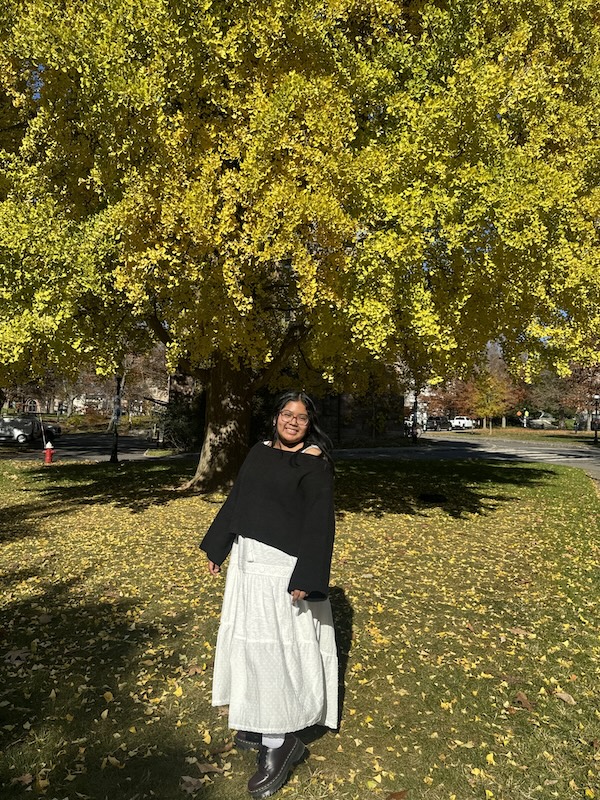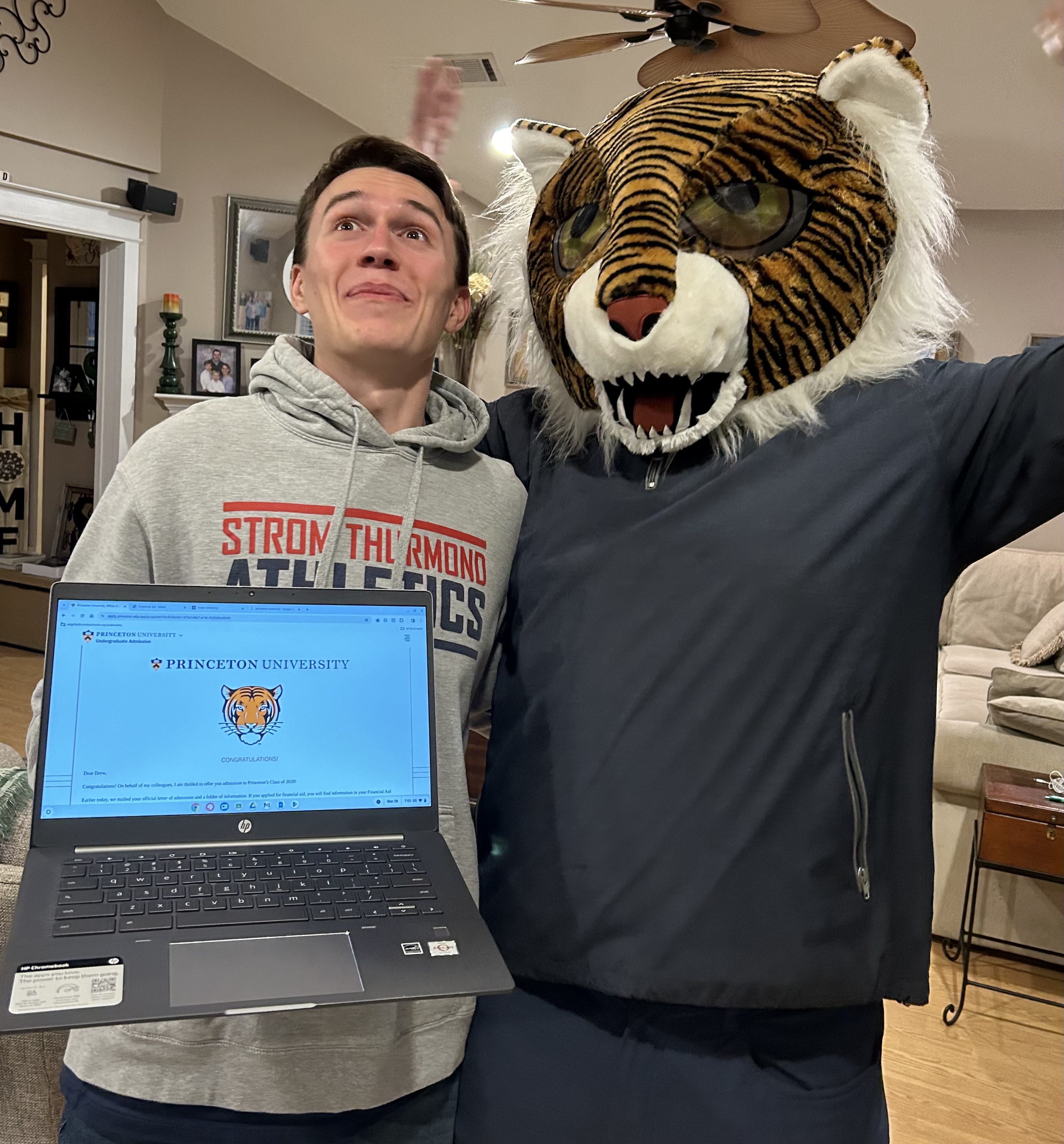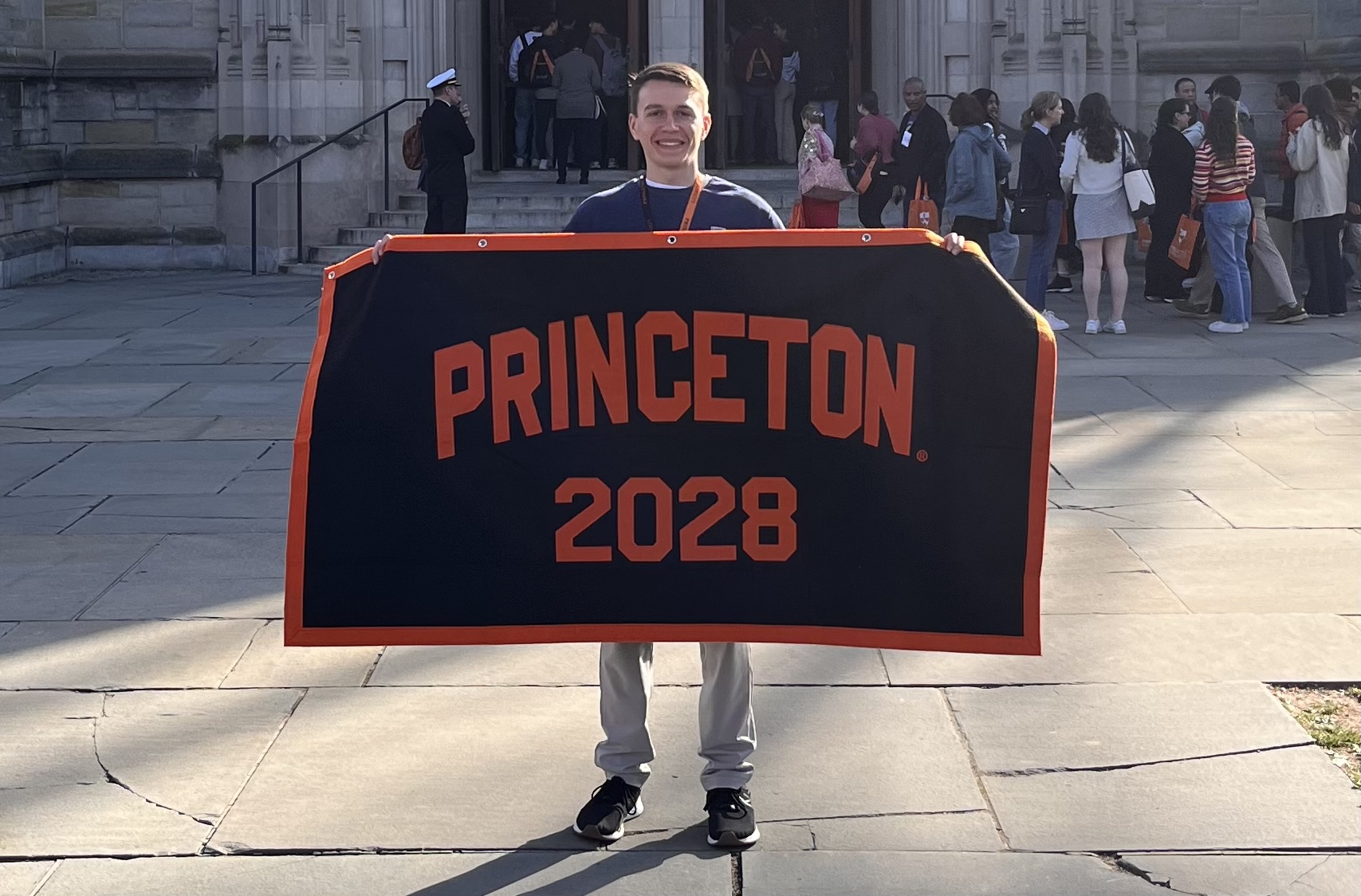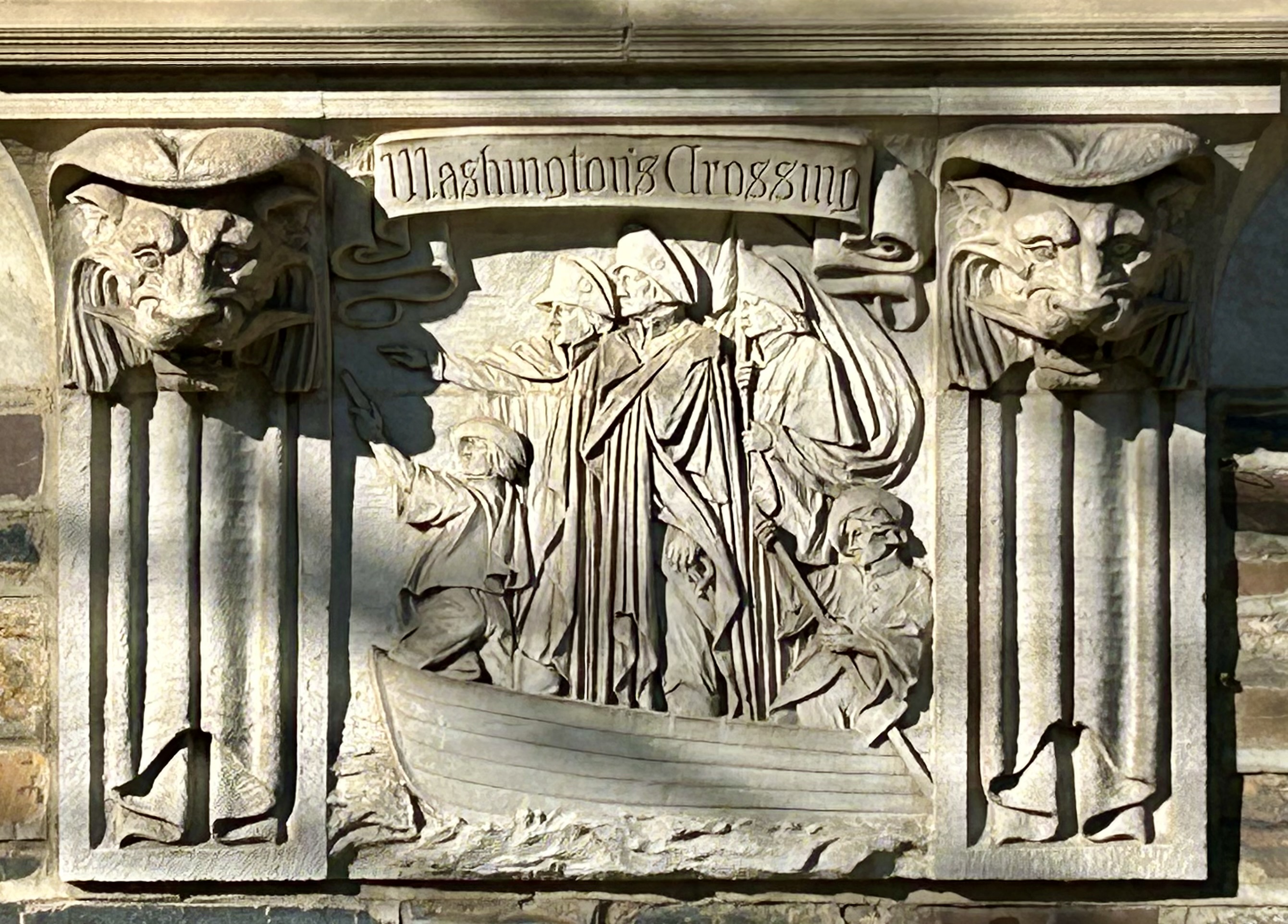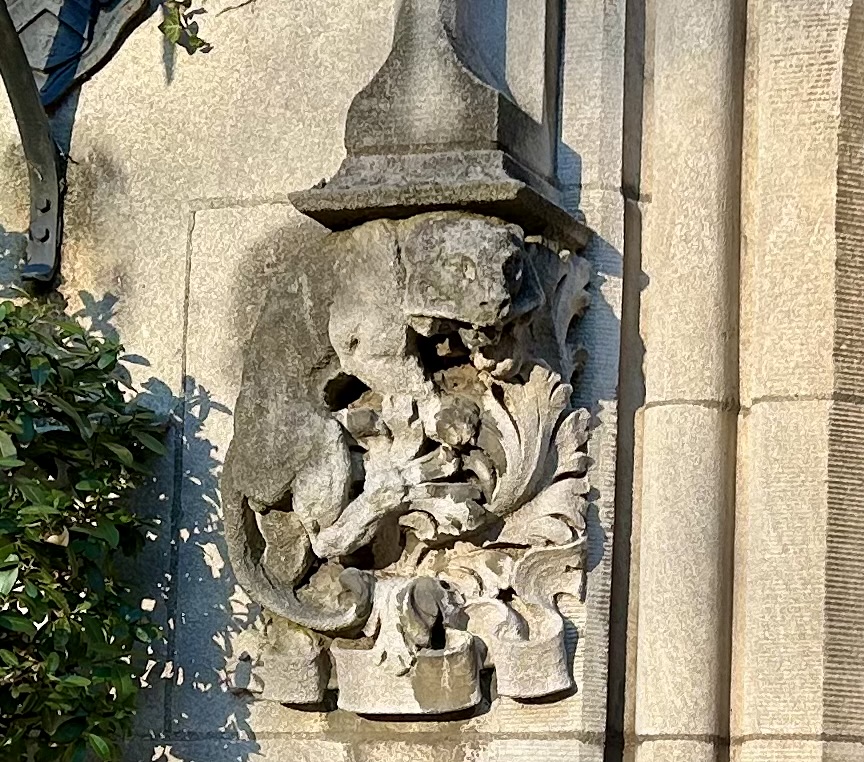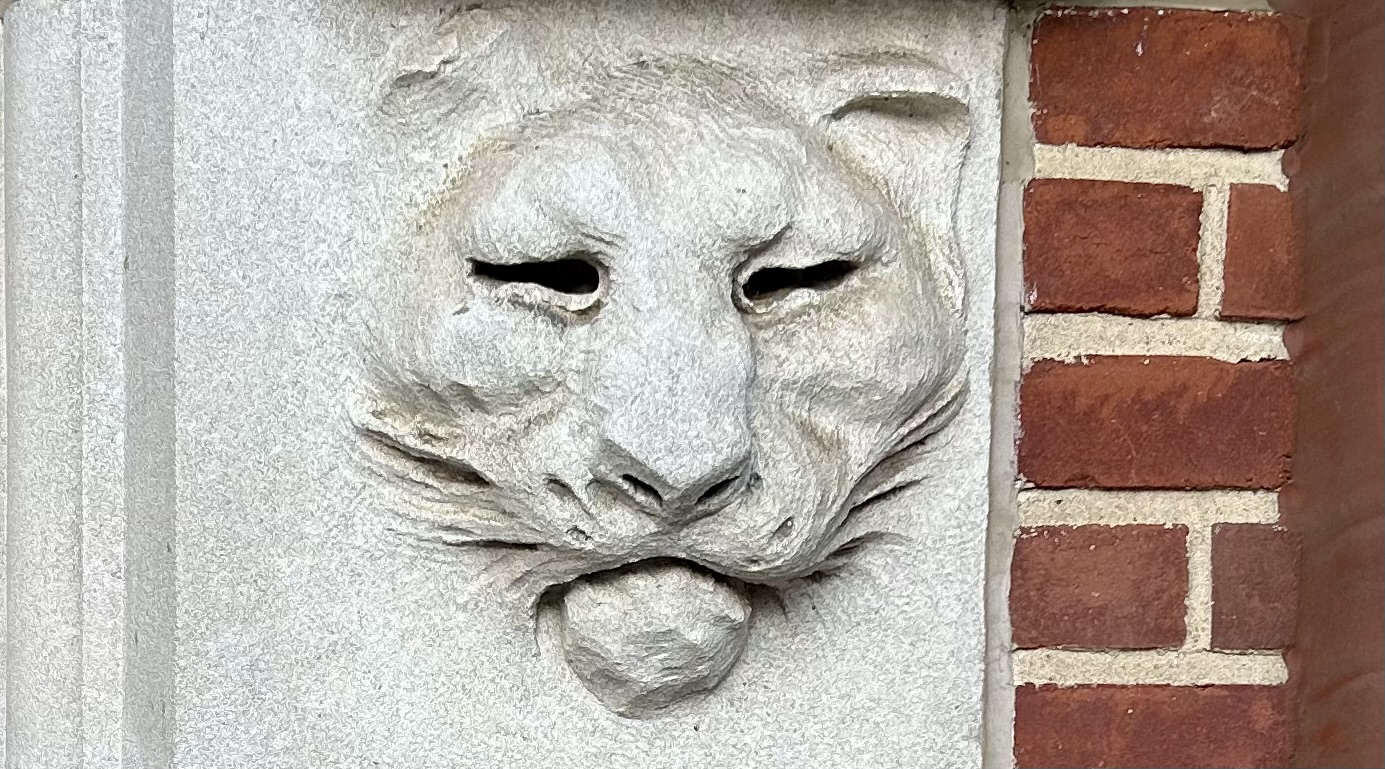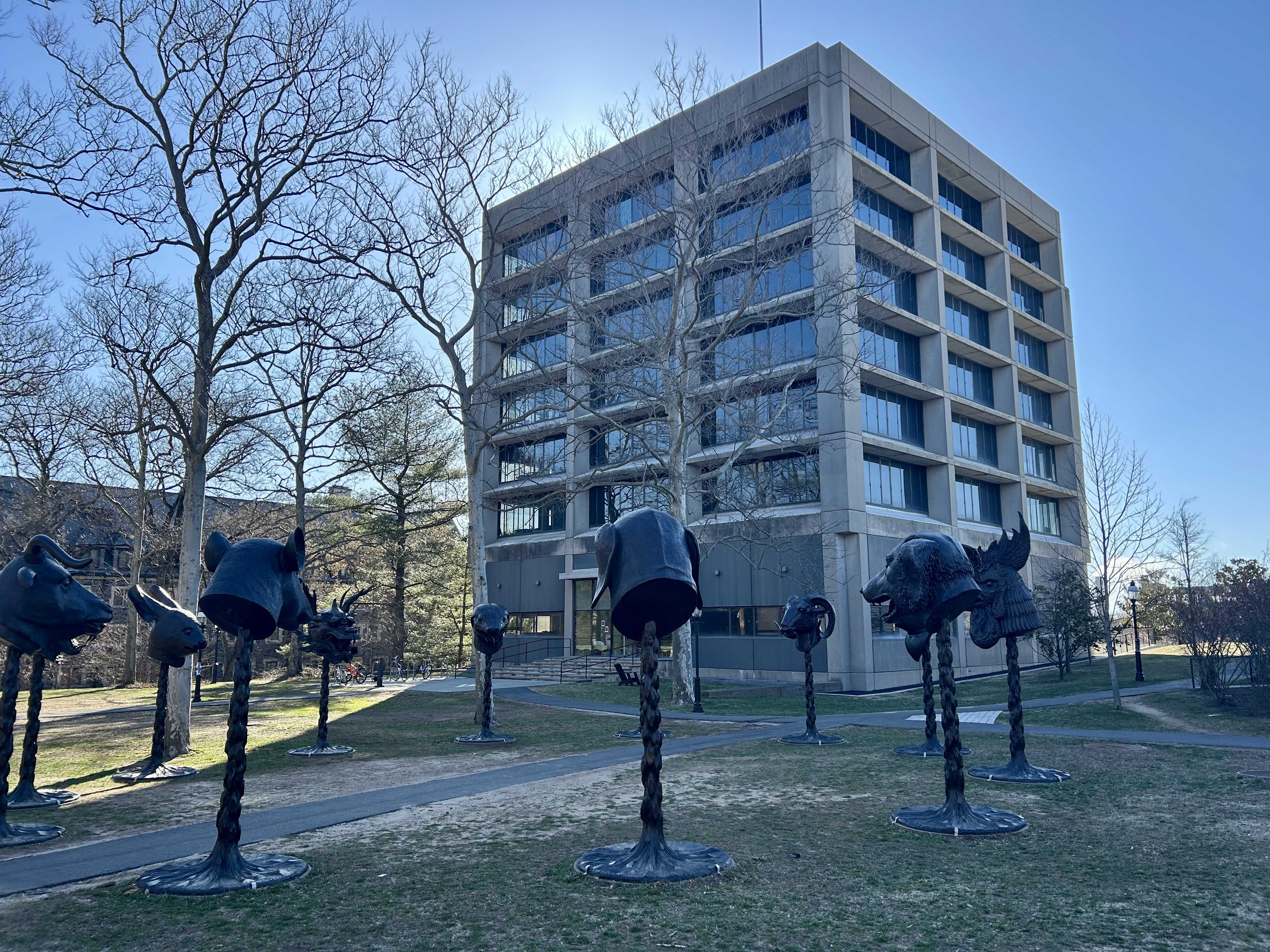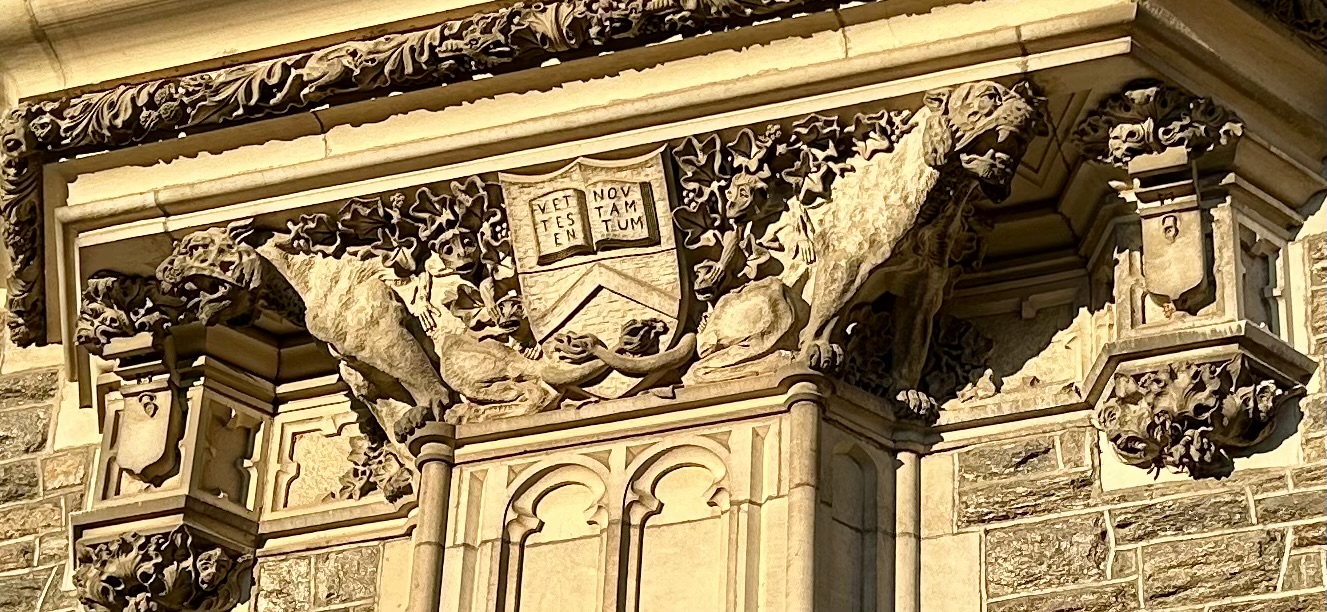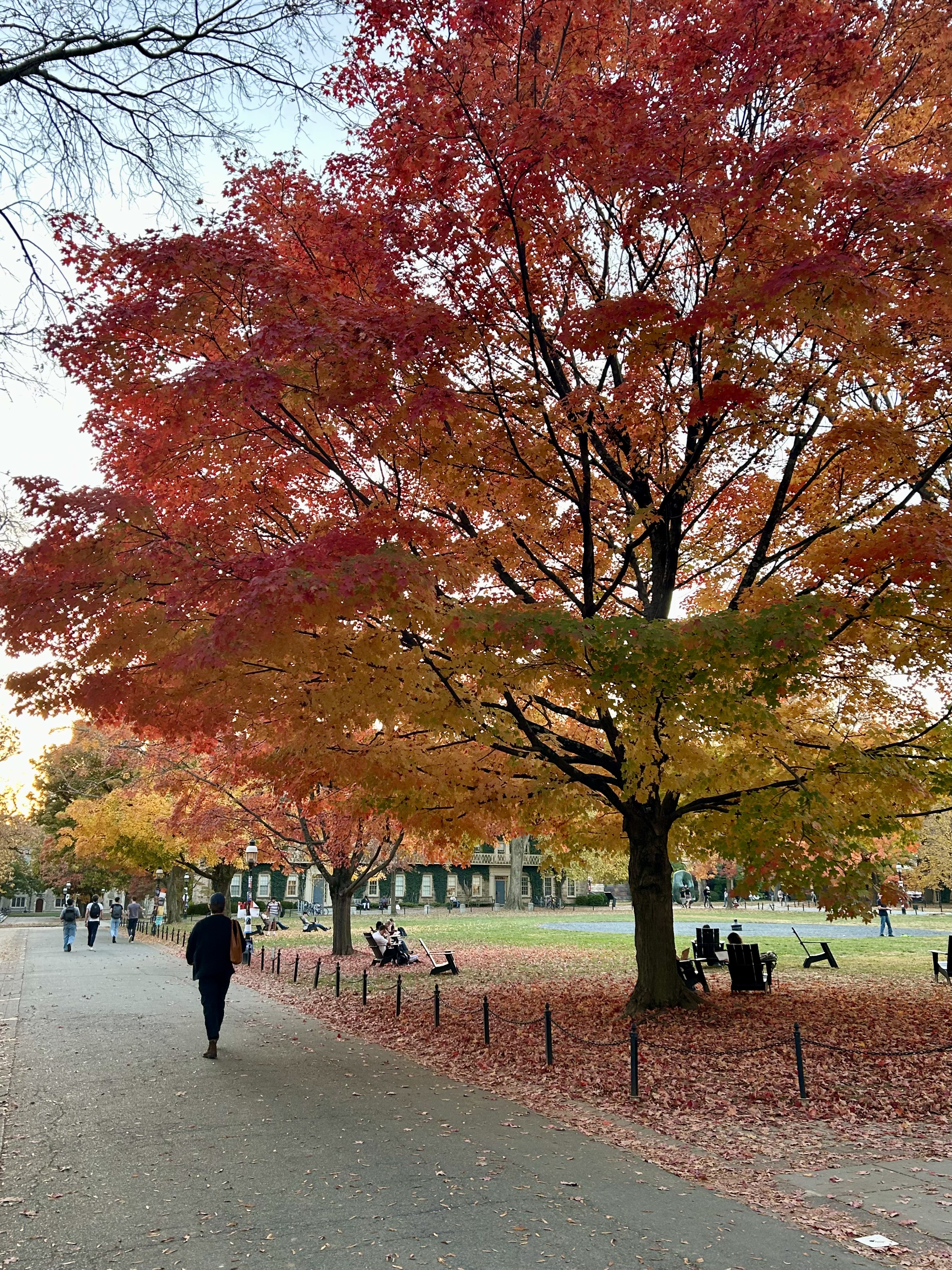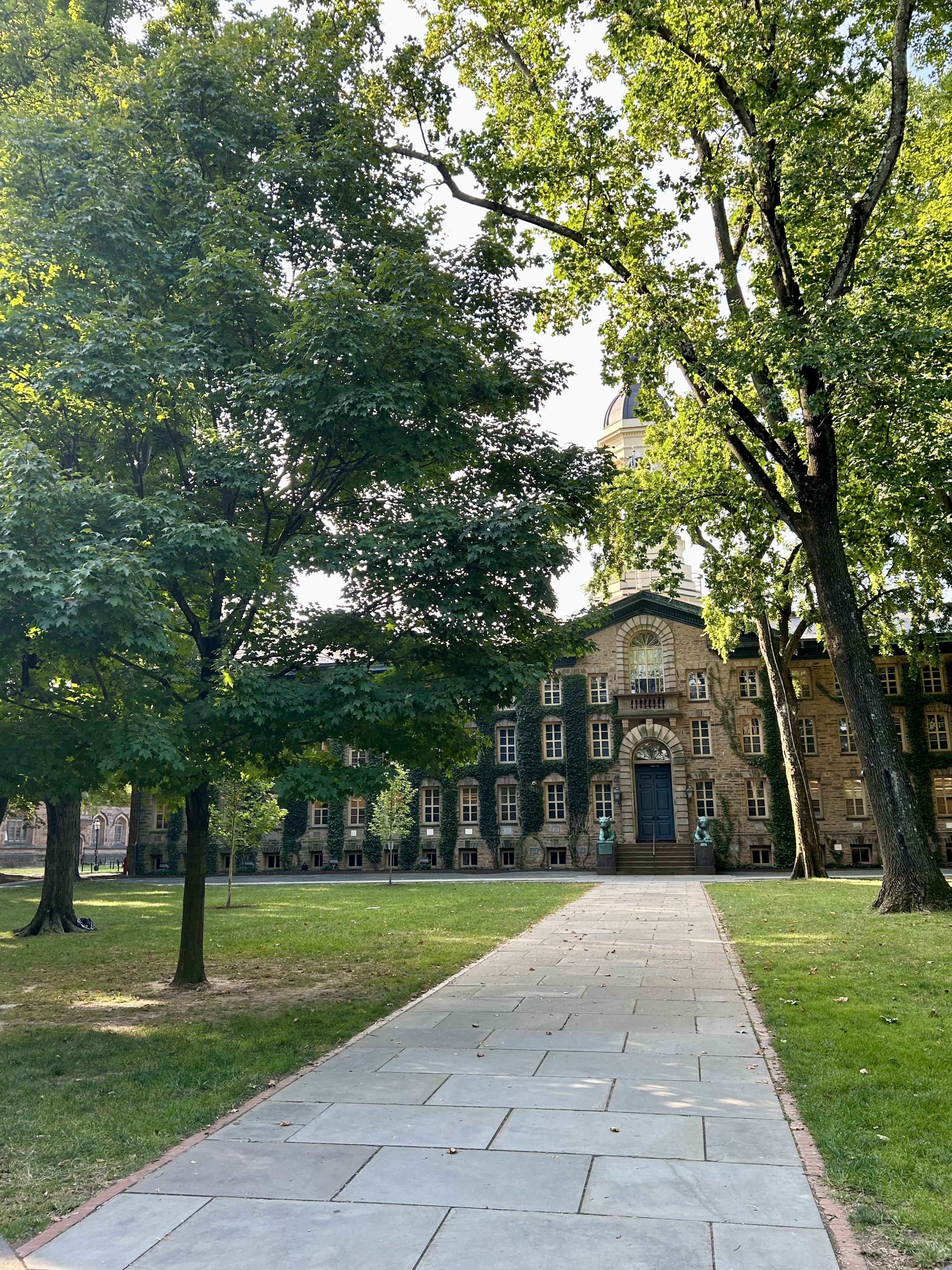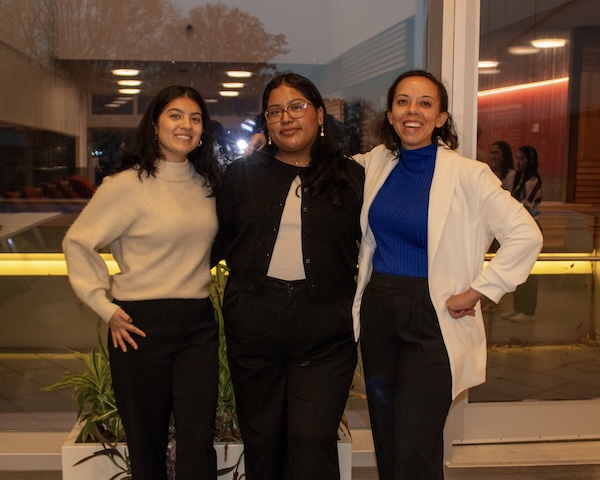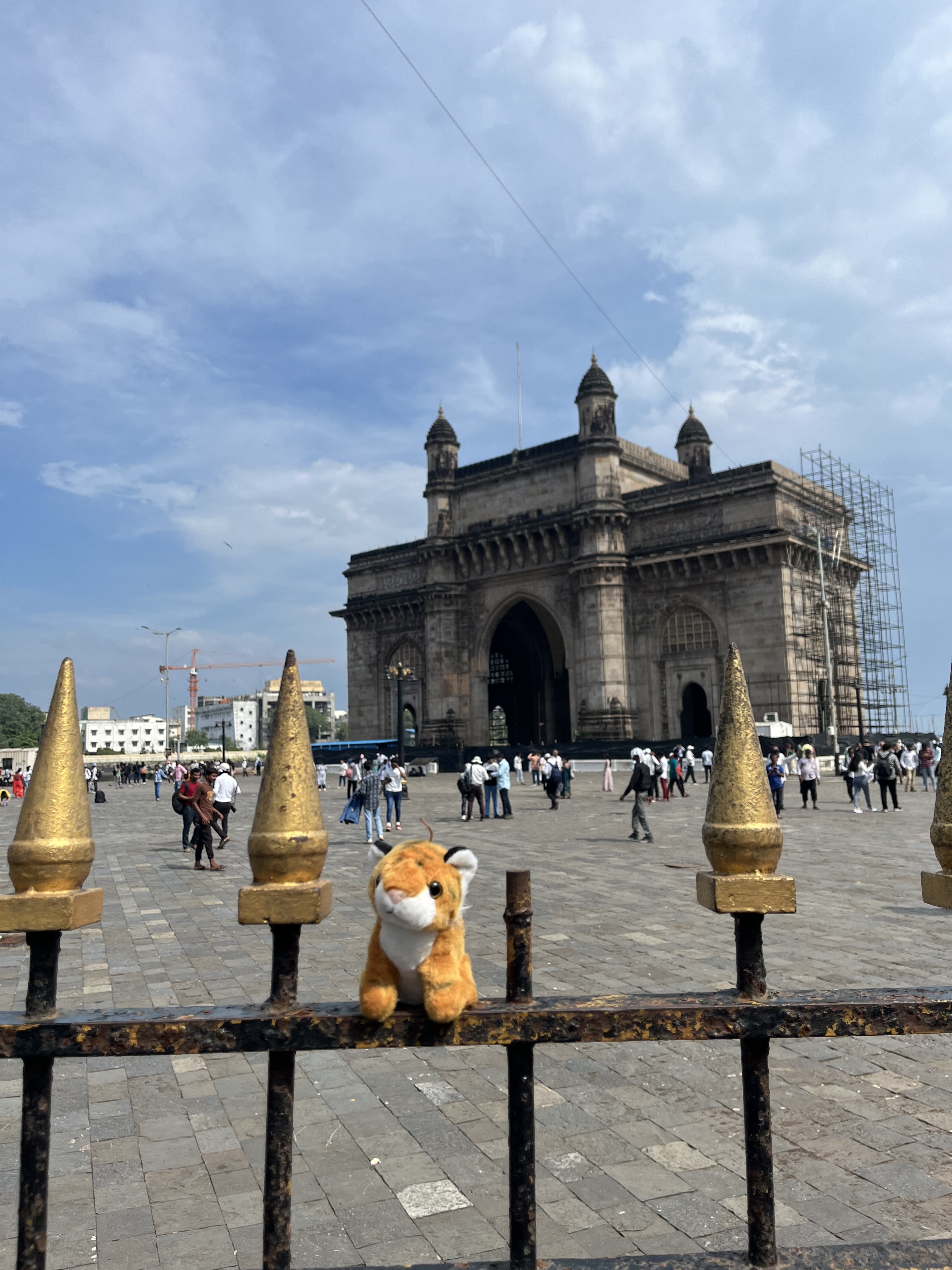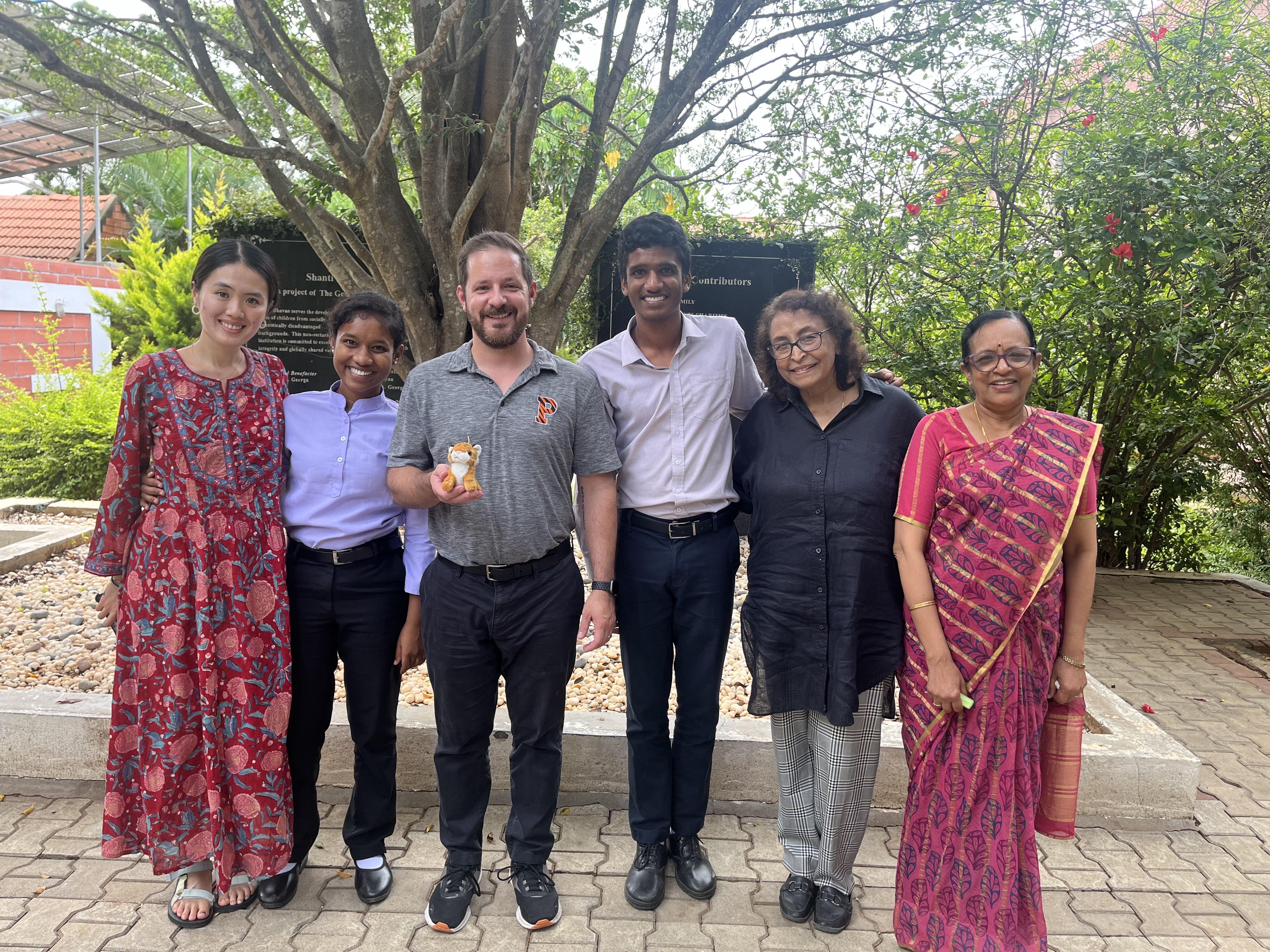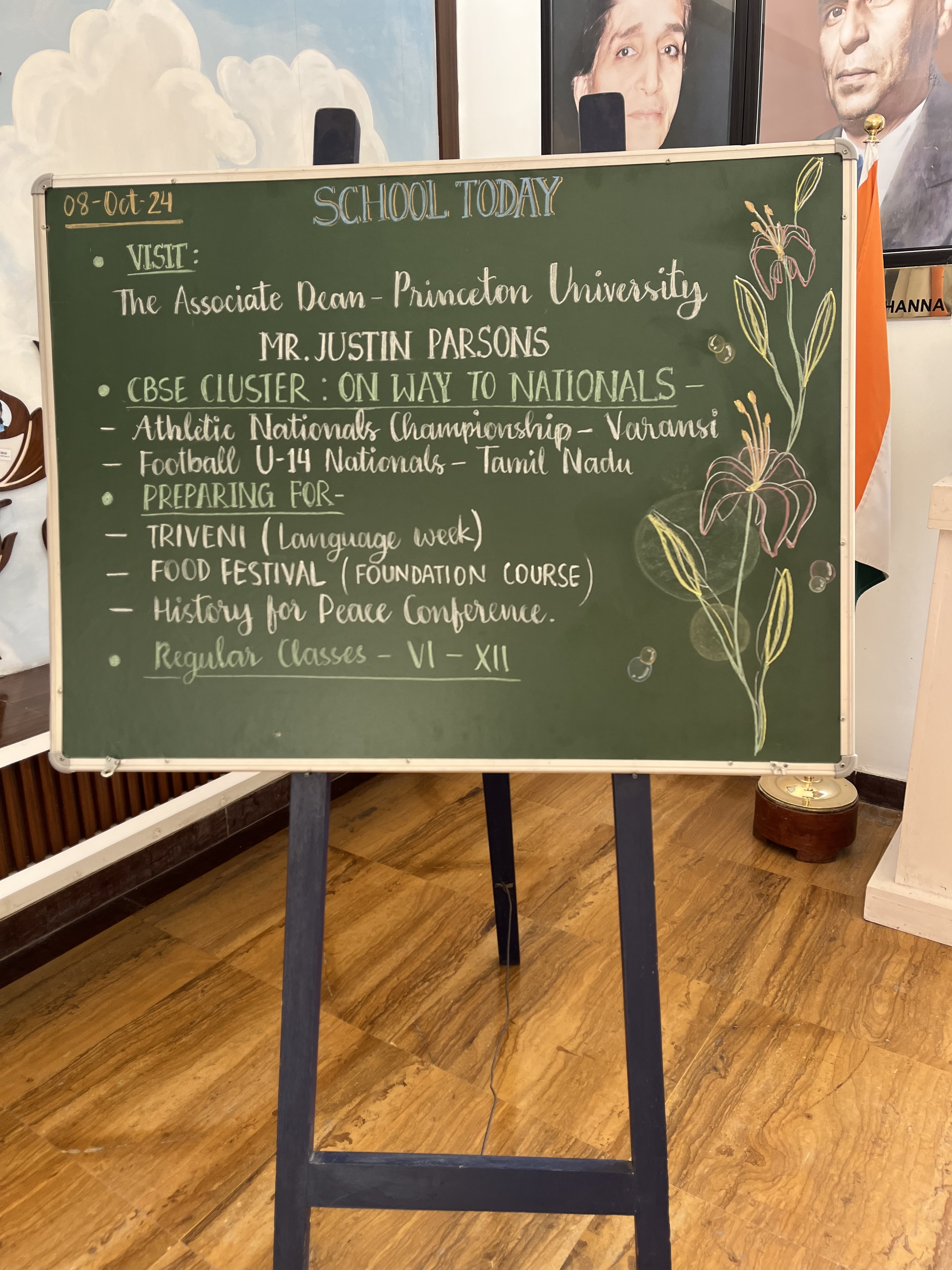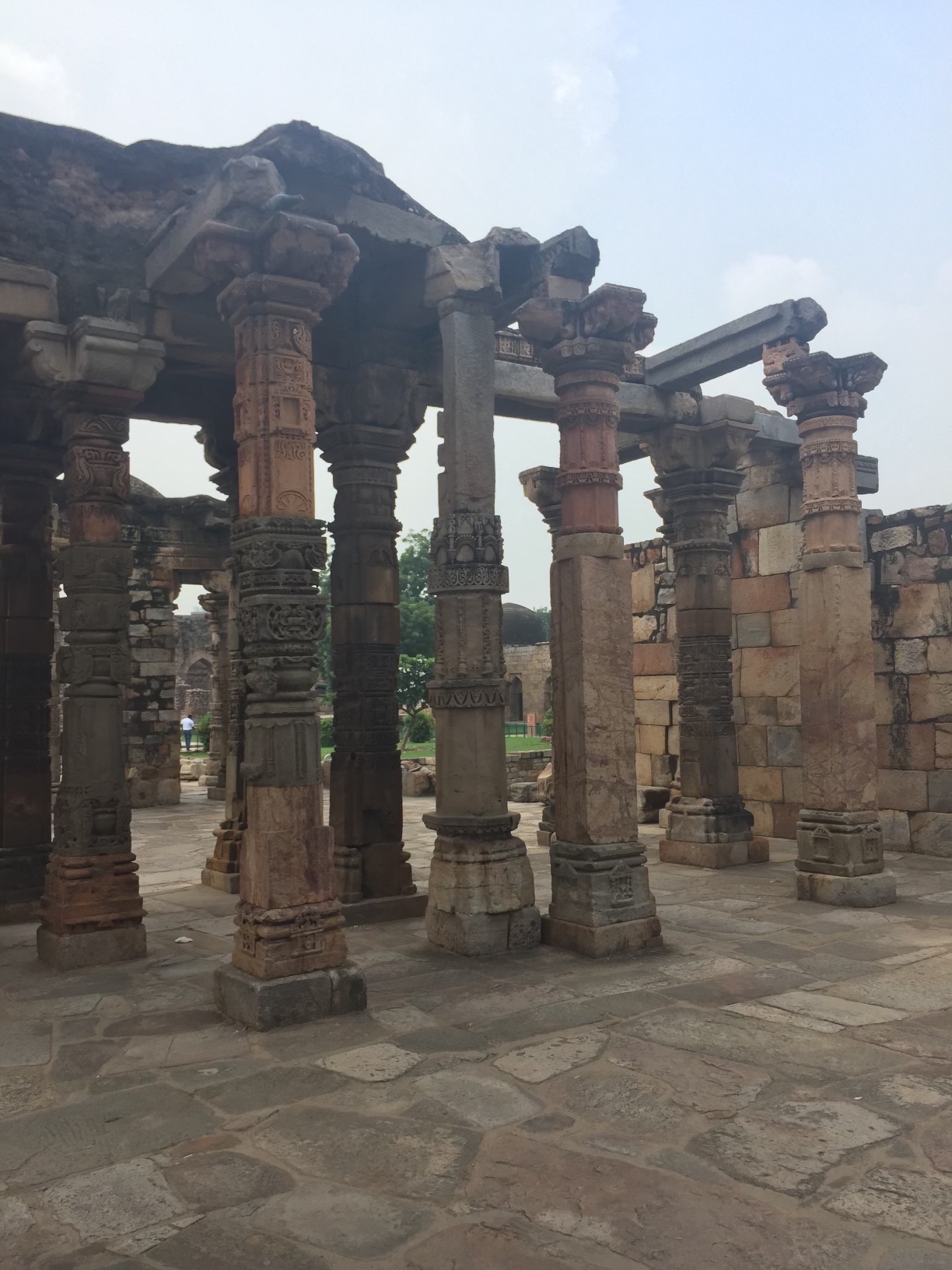During my first college counseling session, one of the things repeatedly hammered into my brain was, "Don't have a dream school." At the time, dreams were my thing — I had a dream job, a dream house, a dream life, and, of course, a dream school. I could envision my future perfectly — at 17 years old — go to Princeton, become a renowned writer, move to New York City, blah blah blah. I based entire life decisions on dreams I built as a child, so upon hearing that I had to throw away the whole concept of having a dream school, I was obviously a bit stubborn. But as chaos swirled around me my senior year, the dizziness of rejections, acceptances, and deferrals permeated my life, and I learned the bitter truth that having a "dream school" could indeed hurt my feelings. Hence, I worked to unlearn my dream. I repeated the mantra that "the school doesn't matter," "the education is the most important thing," and that "I'd be fine wherever I ended up." Despite these mantras being immensely true, there's pure beauty in having a dream that often can be lost to embracing practicality.
When someone asks why I chose Princeton as my dream school, I tell them one of three stories. 1) I watched Hillary Duff's A Cinderella Story as a child. In the story, the main character is obsessed with going to Princeton. As a child, her late father told her that was where the princesses went to meet their prince. Watching this as a child, I took it literally. Going to Princeton meant going to the "princess school." So, that's where I belonged. 2) Later in life, my dream became more practical; I discovered that I wanted to be a writer. Princeton was the home of renowned writers. Jhumpa Lahiri, Tracy K. Smith, A.M. Holmes, Yiyun Li, Patricia Smith, and more. It was the best place to learn to be a writer. So, that's where I belonged. 3) During stressful times in high school, I'd envision my future. I'd watch college dorm tours on YouTube. I'd read admission site blogs. I stumbled across Tiger Tales — Princeton's admissions blog — at 14 and immersed myself in the world of Princeton. Through the tales of Princeton's student bloggers, Princeton began to feel a home away from home. I could see myself walking in the footsteps of these bloggers: taking Princeton classes and living in the Princeton dorms. So, Princeton felt like it was where I belonged.
By December of my senior year, I had become almost completely indifferent to the college application process. I devoted all my energy to my classes and extracurriculars. I attempted to ignore any emails I received from the few colleges I had applied to at the time. I dismissed most of my teacher's and counselors' advice regarding my application materials. I took the advice of not having a dream school a bit too literally; I chased the entire concept of college out of my mind. But on the evening of December 14, a chill went down my spine. I received an email from the Princeton admissions office that early action decisions would come out the following day. And just like that, the dream I had steadfastly held onto for so many years began to re-glimmer in my mind. I went into the next day anxious and excited at the prospect of either losing or achieving my dream. My mind toggled between worst-case scenarios and visions of what my future as a Tiger could look like. When the decision came around at 7 pm, clicking that "View decision" button felt like a portal to the rest of my life, and I finally understood what my counselor had meant all those months ago about not having a dream school.
Dreams are good. It's good to be ambitious. It's good to strive towards something. But you should never feel like your dreams are bigger than you; that the elusion of a dream means the end of your life. The beauty of having a dream — a dream school, a dream job, a dream city — is that there is something in that thing or place that you feel connected to, that draws you in, that feels like it's yours. Embrace that. But remember that dreams can change and that there are dreams you could achieve someday that you never would've thought of today.
I love being a Tiger. I've met some of my very best friends. I've taken some of the most engaging classes. I've gotten to see parts of the world I'd never even thought about. My vision of what my life will look like has changed immensely. I still want to make it art. I still want to be my own version of successful. But the thing I love the most about being a Tiger is how much it encourages growth. I'm not the same person I was when I selected Princeton as my dream school. I learn a new thing about myself every day. And with each new day, I'm finding new dreams to pursue.







